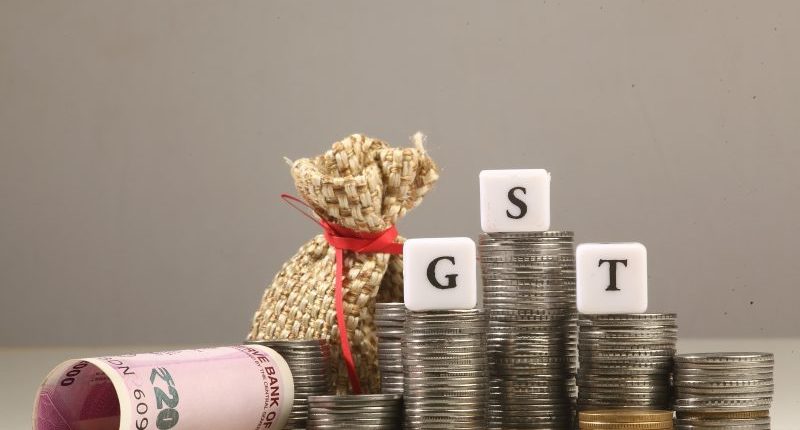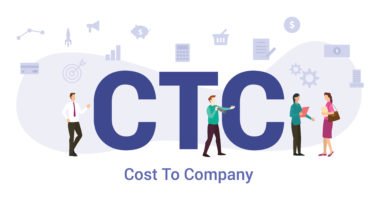1. How can we avoid losing input tax credit when our suppliers do not file their returns on time?
Ans: Until now, most businesses did not frequently reconcile their purchase books with the GSTR-2A/2B. It used to be carried out at the end of the month/quarter, or even annually. Further, there was always the option to claim a provisional input tax credit (ITC) in the event certain suppliers had not uploaded invoices.
However, due to the amended Section 16(2)(aa), there is now added pressure on businesses to accurately report ITC each month. Excess ITC could lead to demand notices and penalties, while suboptimal (i.e. less) ITC could hit a business’s cash flows badly as the GST cash liability increases.
The solution here is for enterprises to undertake frequent, dynamic, real-time reconciliations of purchase data. Doing this manually is time-consuming, complex, and can be prone to errors. This brings in the need for tech intervention. Businesses should look at automating their reconciliations so that the same can be carried out at regular intervals, with a click of a button. In the event that any missing or incorrect invoices are found, there should be an automated system where an email/message gets sent to the vendor. Likewise, follow-up or reminders should be automatically sent out until the vendors upload the invoices.
This is the only way that businesses can ensure 100% accurate input tax credit claims in light of the new amendment.
2. The new Section 16(2)(aa) amendment puts an increased dependency on vendors to upload invoices on time. Despite this, there are several non-compliant vendors who default in uploading invoices. Why should my business suffer just because my vendors do not upload invoices on time?
Ans: The dependency on vendors is unprecedented after the notification of Section 16(2)(aa). But, no business deserves to lose out on precious input tax credit just because their vendors are non-compliant. But, how many businesses actually penalise their vendors for non-compliance?
With the new amendments in place, enterprises must look at disciplining their defaulting vendors by holding payments at an invoice level or at least the GST amount. However, all of this cannot be carried out manually as it becomes impossible to track the status of each invoice when there are thousands involved. Further, the holding of vendor payments should be done within the scope of the law. This highlights the need for an advanced tech-based solution to streamline vendor communication and payments.
Let’s take a look at how you can automate your business’s ITC claims, along with vendor communication and payments, through an advanced, tech-based compliance solution.
- In the first step, your ERP connects with the compliance platform and the Goods and Service Tax Network (GSTN). This helps in the scheduling of auto-reconciliations of your books of accounts and GST returns at frequent intervals.
- Next, advanced AI-based tools run the data matching exercise with 100% accuracy. (Please opt for a compliance platform that offers AI-based tools and inbuilt data validations as that will ensure your ITC claims are 100% accurate.)
- Following data reconciliations, if any missing invoice or incorrect data is found, then the compliance platform enables automated communication to the concerned vendor via email, WhatsApp, etc.
- Finally, in the event a vendor is still non-compliant, the enterprise can set the vendor payment terms to automatically hold the GST amount or the entire amount due to that vendor. The compliance platform will allow the syncing of this decision to the ERP for all future payments.
Using an advanced compliance platform like this can help reduce defaulting vendors over time and optimise input tax credit claims. This further unlocks working capital and enhances profitability.
For any clarifications/feedback on the topic, please contact the writer at athena.rebello@cleartax.in

I’m a Chartered Accountant by profession and a writer by passion. ClearTax lets me be both. I love travel, hot tubs, and coffee. I believe that life is short, so I always eat dessert first. Wait.. life is also too short to be reading bios… Go read my articles!





